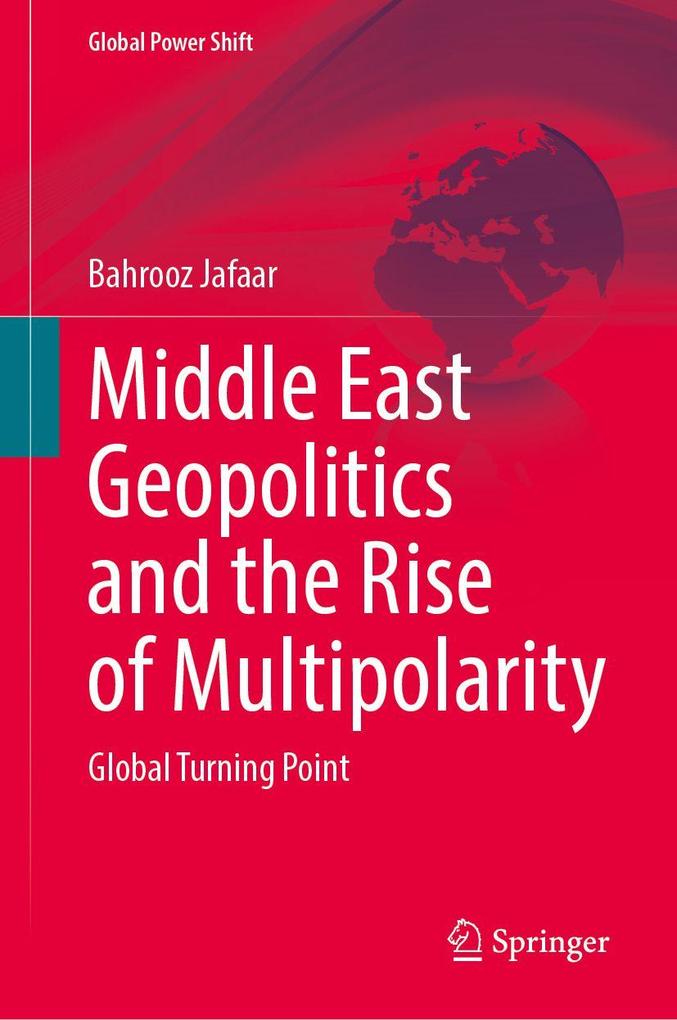
This book explores the shifts in global power from a single dominant superpower to a world with many influential players. Focusing on China s growing influence through its Belt and Road Initiative, it analyzes the increasing significance of the Middle East as a vital link between the Global North and South.
The book further highlights the impact of 'middle powers', which are countries that are not superpowers, but still have a significant influence on global decisions. As technology and non-state actors reshape international politics, these nations are helping to determine the future. Amid growing divisions between global alliances such as NATO and BRICS and a decline in U. S. -China trade, the world is entering a new era.
Offering valuable insights into these changes, this book will appeal to students, researchers and policymakers seeking to understand today's complex global landscape.
Inhaltsverzeichnis
Chapter 1. Introduction. - Chapter 2. Polarization in the International Relations Literature. - Chapter 3. The Clash of Powers: US-Chinese Hegemony in the 21st Century. - Chapter 4. On-going Tensions in the Middle East Within the Framework of the International System. - Chapter 5. Deciphering the Middle East in a Multipolar Era: A Mixture of Cooperation and Competition Between Regional Players. - Chapter 6. From Theory to Praxis: The Middle East Between Global Power and Regional Realignments. - Chapter 7. Conclusion.
Produktdetails
Entdecken Sie mehr
Bewertungen
Es wurden noch keine Bewertungen abgegeben. Schreiben Sie die erste Bewertung zu "Middle East Geopolitics and the Rise of Multipolarity" und helfen Sie damit anderen bei der Kaufentscheidung.










